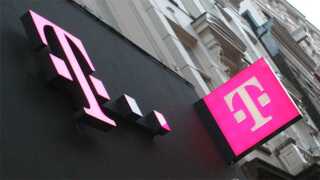The Nigerian Communications Commission (NCC) had approved a proposed rate increase, due to take place on 1 December, of between 90% and 300% in data charges. The increase would have put the cost up to only one-third of a US cent per megabyte.
But at the last minute the Nigerian Senate and the Minister of Communications stepped in to prevent the increase. Adebayo Shittu, the communications minister, denied that his ministry had approved the price rise.
The Association of Licensed Telecommunications Operators of Nigeria (Alton) responded by warning that services would suffer, calling current tariffs “unsustainable”.
Operators in Nigeria are “unable to recover the cost of providing data services and reinvest in capacity expansion to accommodate the increased usage arising from lower tariffs”, said Alton.
“The situation has been compounded by the recent economic challenges characterised by the steep depreciation of the naira [Nigerian currency]. It is characterised by the need to resort to the parallel market and foreign exchange scarcity, which have considerably increased the capital and operational cost of providing telecommunications services.”
According to Nigerian newspaper Vanguard the average price for mobile data was 0.53 naira per megabyte – and one naira is currently about one-third of a US cent. Etisalat is the most expensive of the major operators in the market, charging 0.94 naira a megabyte, slightly above the NCC’s proposed floor price of 0.90 naira. But Globacom charges only 0.21 naira a megabyte – equivalent to $0.66 per gigabyte of data.
Shittu distanced himself from the NCC’s decision, saying it was not the government’s role to approve tariffs. “I can tell you that I was never a party to it. Government never gave any such instruction. This government believes in democratic process and we would continue to protect the interest of Nigerians.”





